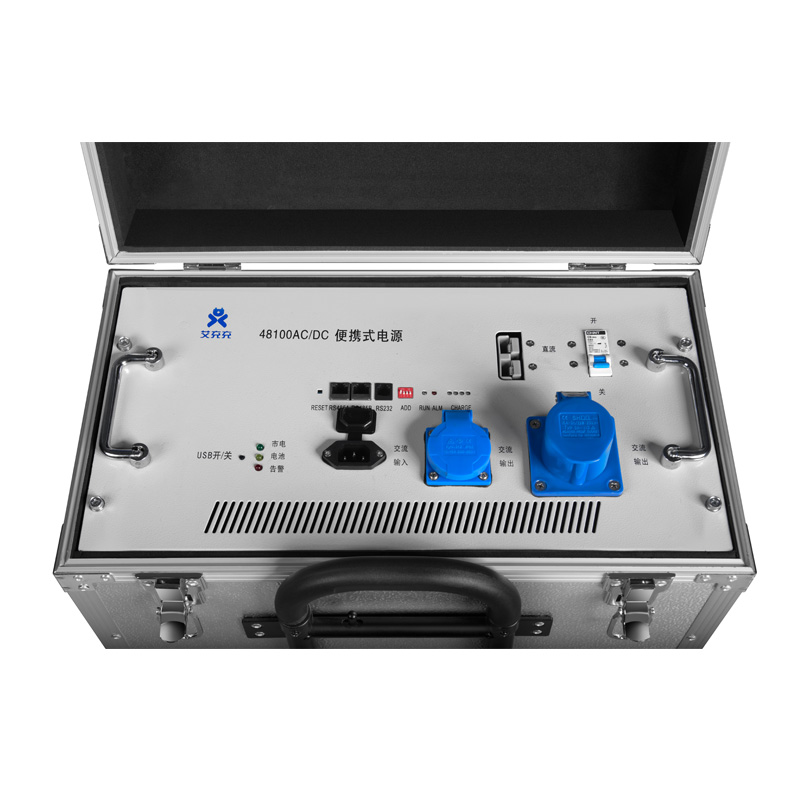
Nov . 10, 2024 06:50 Back to list
Innovative Portable Energy Storage Solutions with Containerized Battery Technology for Various Applications
Containerized Battery Energy Storage Systems A Game-Changer for Sustainable Energy
In recent years, the global energy landscape has undergone a significant transformation, driven by the urgent need for sustainable and efficient energy solutions. Among the innovations leading this change, containerized battery energy storage systems (BESS) have emerged as a pivotal technology, offering a versatile and effective approach to energy management. This article explores the features, benefits, and future potential of containerized battery energy storage systems.
Understanding Containerized Battery Energy Storage Systems
Containerized battery energy storage systems are pre-assembled battery units housed within standard shipping containers. These systems are equipped with energy storage technologies, including lithium-ion or flow batteries, and are designed to be easily deployed in various environments. Containerization allows for flexibility in installation, making them suitable for both temporary and permanent setups. Moreover, their modular design enables scalability, allowing operators to add or remove units as per demand.
Key Features
1. Modularity and Flexibility One of the standout features of containerized BESS is their modularity. Each unit can operate independently or in conjunction with others, allowing for a tailored energy solution that can adapt to varying energy needs. This flexibility is crucial for utilities, commercial enterprises, and remote installations.
2. Rapid Deployment Containerized energy storage systems can be deployed quickly, minimizing construction time and costs compared to traditional fixed installations. This rapid deployment is particularly beneficial for responding to emergency energy demands or integrating renewable energy sources like solar and wind.
3. Integrated Systems These storage systems often come with integrated power management systems that include advanced monitoring and control technologies. This enables real-time tracking of energy usage, performance optimization, and predictive maintenance, ensuring the systems operate at peak efficiency.
4. Environmentally Friendly Many containerized BESS solutions are designed with sustainability in mind. By enabling the integration of renewable energy sources, they help reduce reliance on fossil fuels, contributing to lower greenhouse gas emissions and a smaller carbon footprint.
containerized battery energy storage system product

Benefits of Containerized Battery Energy Storage Systems
1. Grid Stability One of the key applications of containerized BESS is in enhancing grid stability. By storing excess energy generated during off-peak times and releasing it during peak demand, these systems help balance supply and demand, reducing the risk of blackouts and improving energy reliability.
2. Renewable Integration As more renewable energy sources come online, integrating them into existing grids becomes a challenge. Containerized battery systems can store excess energy produced by solar or wind farms, facilitating a smoother transition to a greener energy portfolio.
3. Cost-Effectiveness Although the initial investment in battery storage technology can be significant, the long-term savings in energy costs, reduced peak demand charges, and decreased operational expenses often outweigh these early costs. Furthermore, government incentives and advancements in battery technology are continually driving costs down.
4. Reduced Land Footprint Containerized systems occupy significantly less land compared to traditional energy storage solutions. Their compact nature makes them particularly appealing for urban settings where space is at a premium.
The Future of Containerized Battery Energy Storage Systems
As technological advancements continue to emerge and the demand for clean energy solutions rises, the future of containerized battery energy storage systems looks promising. Innovations in battery chemistry, management software, and integration with smart grid technologies will further enhance their performance and applicability. Additionally, as the energy market evolves, the role of these systems in energy trading, demand response, and microgrid applications is set to expand.
In conclusion, containerized battery energy storage systems represent a significant leap forward in energy management, paving the way for a more sustainable energy future. Their ability to deliver flexible, rapid, and cost-effective solutions makes them indispensable in today’s energy landscape. As we move towards a cleaner and more resilient energy ecosystem, embracing these innovative technologies will be crucial.
-
AI-Powered EMS with GPT-4-Turbo | Efficiency Boost
NewsAug.01,2025
-
Optimized Storage System for GPT-4-Turbo | High Performance
NewsJul.31,2025
-
AI Energy Management System w/ GPT-4 Turbo Efficiency
NewsJul.31,2025
-
High-Performance Energy Storage System for Reliable Power Solutions
NewsJul.30,2025
-
Advanced EMS Solutions for Energy Management System & Storage Battery Companies
NewsJul.29,2025
-
Intelligent Energy Management for Homes - Efficient Storage Solutions
NewsJul.29,2025























